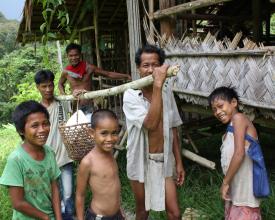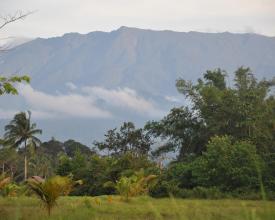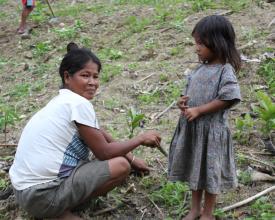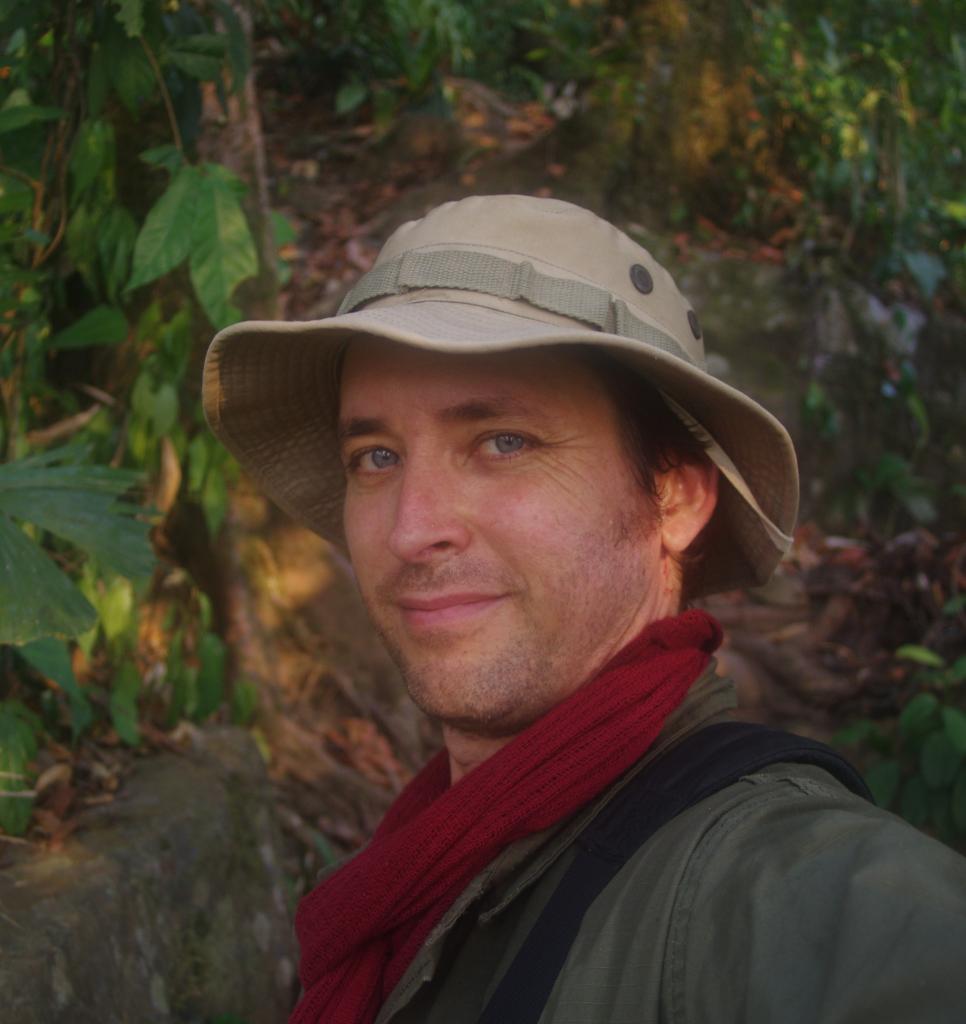Gender integration within the Mt. Mantalingahan protected landscape
Full Solution
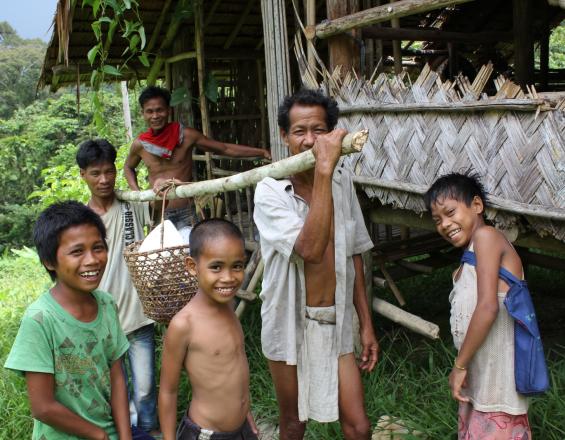
Indigenous Peoples in the Mount Mantalingahan Protected Landscape, Panalingaan, Palawan
© Conservation International/photo by Lynn Tang
While the Mt. Mantalingahan Protected Landscape was designed with input and consent from the indigenous communities living within and adjacent to the area, primarily indigenous leaders (all male) were consulted. We conducted an analysis through documents, interviews and surveys to identify how, and to what extent, both men and women were (and are) involved in management. We used these results to inform development of the new management plan, which is now more gender-informed.
Last update: 02 Oct 2020
7487 Views
Context
Challenges addressed
This case study highlights many of the same challenges often seen in conservation: an assumption that leaders can necessarily speak for diverse interests and needs, patriarchal cultures where women are not allowed in the decision-making and consultation arenas, and a lack of time/understanding on the part of conservationists to take the extra steps and ensure the voices of less visible constituents are incorporated.
Location
Mount Mantalingajan, Rizal, Palawan, MIMAROPA, Philippines
Southeast Asia
Process
Summary of the process
The gender analysis, using BB1 (gender guidelines), allowed for gathering of specific feedback and recommendations. These recommendations were then used to inform BB2 (integration into the management plan). It was only because of the first BB that the second could occur, and without the ability to integrate recommendations into the management plan, gathering the data would have been insufficient to make any real change.
Building Blocks
Gender integration guidelines/toolkit
CI has developed general guidelines to help conservation practitioners ask questions about gender within conservation initiatives, and develop practical and socially-appropriate responses to gender gaps/inequalities.
Enabling factors
The lead author has worked with the management board of the Mt. Mantalingahan Protected Landscape since inception and therefore has good knowledge of the actors and local context. She also serves as a gender focal point within the organization so has some expertise in the gender-conservation field. Another enabling condition is the general openness to gender equality principles within the Philippines.
Lesson learned
The guidelines are very general, and it is important for the local user to identify the best/most relevant areas in which to gather information. It is imperative that the user is familiar with the local culture and context.
Resources
Integration of gender recommendations into management plan
This analysis and recommendations took place as a new management plan was being developed, so the recommendations had the ability to be directly inserted into the new plan.
Enabling factors
The new 5-year management plan was being developed by the management board, and the CI staff who conducted the analysis has been an integral part of the MMPL management board since inception. This allowed her to directly present her recommendations to the rest of the board for consideration.
Lesson learned
To be most impactful, it is important to have an opening/opportunity to directly integrate recommendations, and good connections with those making decisions.
Impacts
Together with the survey and interview participants, we developed recommendations for making the new management plan more responsive to the needs, interests and priorities of both men and women. These recommendations were accepted by the management board and have been adopted into the new 5-year management plan for the Landscape (which was being drafted). It remains to be seen what the actual impacts of these changes are towards the end of the 5 years; we plan to conduct another assessment at that time. This case study provides a good example of how powerful it can be to provide recommendations at an opportune time (e.g. when a management plan is being updated).
Beneficiaries
All men and women who live in, or use resources from, the Mt. Mantalingahan Protected Area.
Story
Blog about a female ranger in the area: http://blog.conservation.org/2016/03/on-remote-philippine-island-female-forest-rangers-are-a-force-to-be-reckoned-with/
Connect with contributors
Other contributors
Kame Westerman
Conservation International
Jeanne Tabangay
Conservation International

